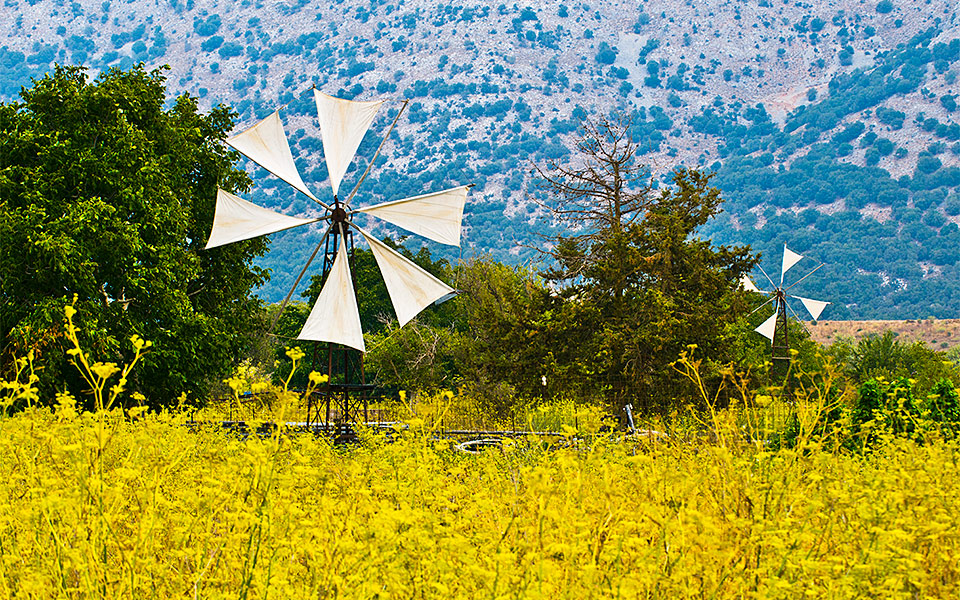“There is a dynamic part of tourism in Greece which, without anyone promoting it, is growing.” On the other end of the phone line, Nikos Frantzeskakis from Vamos in Crete is telling us about the development of agritourism in Greece. He explains why remote Greek villages are attractive to those European travelers who want to get as far away as possible from package tours and all-inclusive deals.
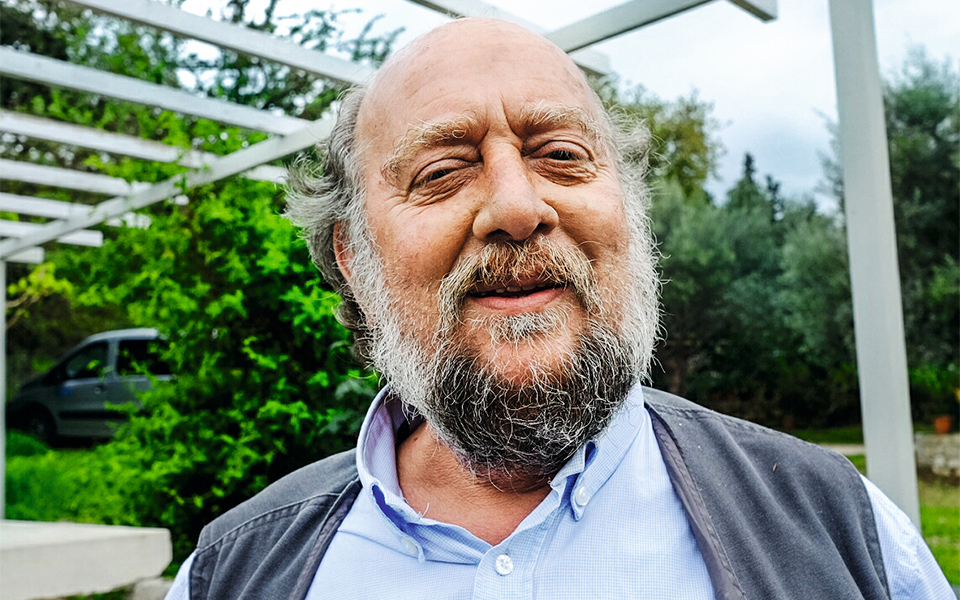
© Nicole Person
Can you describe the profile of the average ‘agritourist’ who will visit Greece?
They have a medium to high education and income and are 45-60 years-old. Families usually come in the summer months, whereas those who are traveling alone tend to prefer the low-season.
They are predominantly Finnish, Dutch, French, Italian, German, British, together with a few Russians and Czechs who are ‘allergic’ to the all-inclusive wristbands and want to have quality vacations and establish relationships with the locals.
Some agritourism businesses have also established relationships with European Universities. Here in Vamos we will soon be welcoming a group of writers from a university in Finland who will be taking part in a training seminar, and who will be dedicating their free time to agritourism. In September a group of musicians are coming together with their instructors, with the aim of working with traditional handicrafts. For example they will collect wool from sheep, they will make things out of clay and bake them in a kiln.
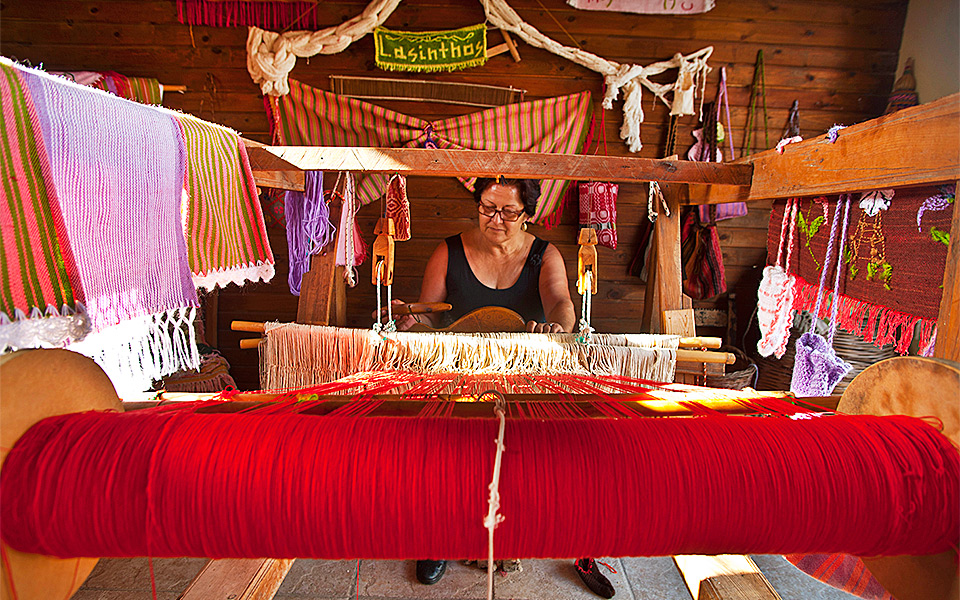
© Clairy Moustafellou
Why do they choose a small Greek village as a destination?
That is a question that needs to be answered by all of us who are active in agritourism, which is a sub-category of rural tourism. What brings a tourist here and not to Tuscany or to villages in the north of France, and why will they dedicate a large part of their vacation – from 7 to 10 days – in remote villages?
In general the agritourist is attracted to nature and the specific characteristics of a region, the agricultural life that can be linked to cultural tours or with religious tourism. They choose to stay in guesthouses and want to become friends with the owner as opposed to having formal encounters with the reception desk as happens in large hotels.
They are in search of quality, local products and constantly ask about and want to participate in activities. They visit a place and when they leave they want the contents of their bags to reflect that specific area.
We are moved by the fact that someone will spend a portion of their vacation in a small village in Greece. And there are many who want that kind of experience. In our country, in the same day, one can have an agricultural experience, visit an ancient theater, enter an old monastery, visit waterfalls and take part in a traditional feast.
And on top of that there is the particular characteristic that we Greeks have which works as a catalyst for agritourism: Greek hospitality and Greek temperament. The locals become part of the experience and make it unforgettable.
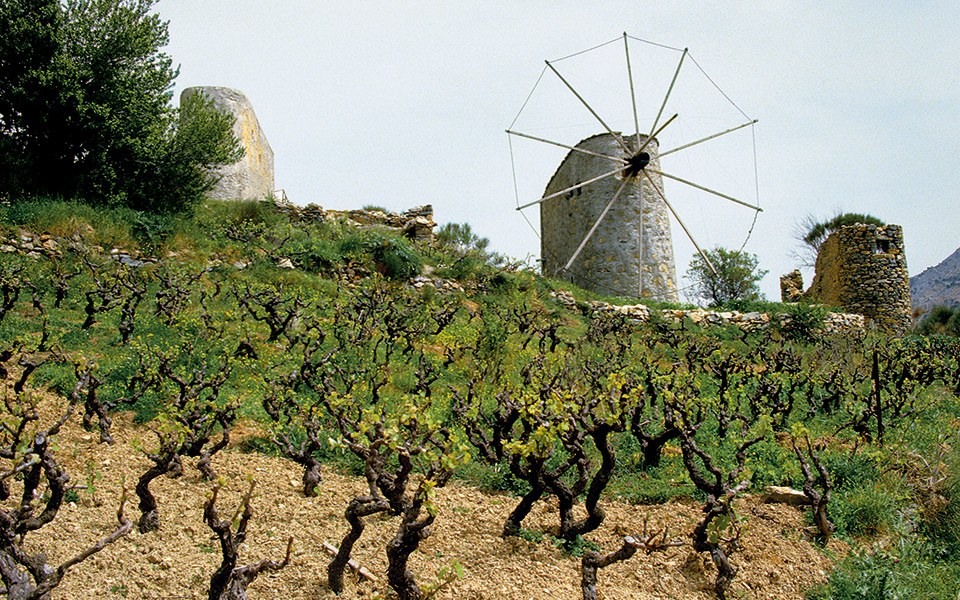
© Visual Hellas
Are visitors interested in actually taking part in activities or just observing them?
Most want to become acquainted with agricultural life and mingle with the locals and not dedicate an entire day to one activity. They will watch a harvest and participate in some parts, but we don’t make them work as if they were wage-laborers. In October they come for the olives – we teach them how to brine them – and for the raki-making.
Last week we hosted a group of Finns. The focus of their visit was the wild greens and aromatic plants of Crete – we have been doing this program for 10 years. They learnt about the Cretan diet and took part with great interest in gastronomic programs that we always connect to the environment. We gathered wild greens and made lamb with wild artichokes, pork with wild leek and seven different herbs and at 12 we drank some raki with a special omelette.
In the afternoon we made a pie with the greens in the wood-fired oven and Easter kaltsounia [small Cretan pies]. They were beside themselves with joy. That aspect of tourism connects lots of things.
Has agritourism in Greece matured or is it still developing through trial and error?
Compared to the period when it first began to develop – in the mid 1980s – it has matured, but almost three decades later the state still hasn’t developed a national strategy. It is as if this tourism sector is developing on auto-pilot! The only body that is active in agritourism is SEAGE (the Hellenic Agritourism Federation) which was founded in 2008 and is comprised of 8 agritourism unions from Crete, the Peloponnese, the Ionian islands, Central, Western and Eastern Macedonia, Thessaly and Epirus. It is an effort to network and coordinate, and to raise awareness about our central concern which remains the same: for agritourism in Greece to acquire a legal framework to put things in order. It is something that will only happen if it is defined by specific rules.
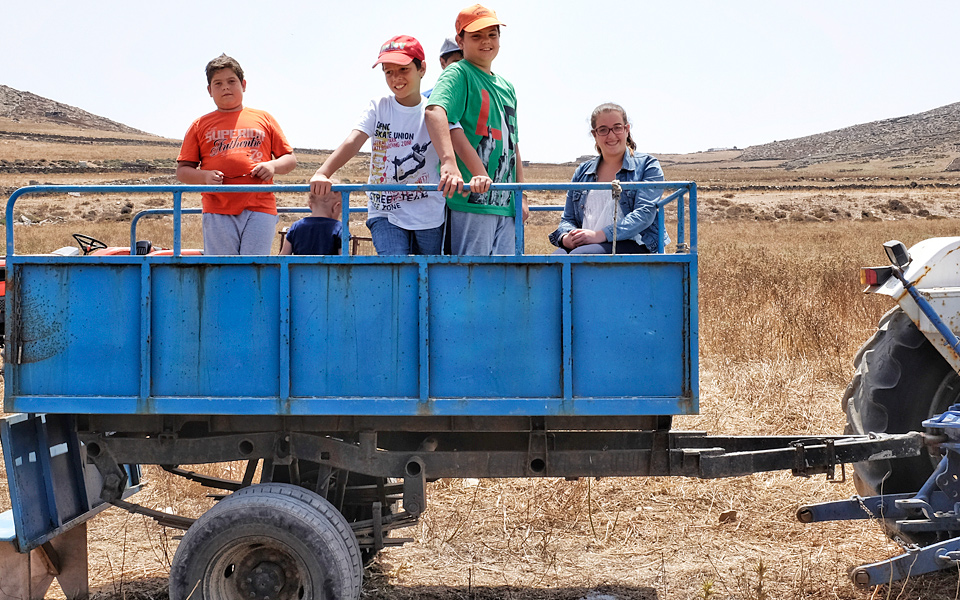
© Nikos Kokkas
What should those basic rules be?
Firstly they should be the same for all of the regions in Greece as is the case in Italy, in France, in Austria. Together they should protect the agritourism product which is often at the mercy of the drives, knowledge and character of each entrepreneur. It is not right, for example, for each business to make up their own specifications. I have seen everything up to a pizza restaurant having an agritourism label!
If I had some competent official in front of me from the Ministry of Tourism I would invite them to follow a 7-day agritourism program so they could see how much it affects the local economy. In 1995 in Vamos in Crete, there wasn’t a single bed for a tourist, nor a restaurant. The fact that the locals managed to turn it into a popular destination that is regularly featured in major European magazines shows the potential of this kind of tourism.
On the agritourism map of Greece, however many other areas also stand out, from Kryoneri in Corinth to Psari in Arcadia, Kerkini lake, the Tzoumerka mountains and so on.
Is agritourism only for farmers?
No. All those who live year-round in a village and have the desire to offer can be active in agritourism. A traditional cook could open her kitchen, a farmer can make his field open for visits. He could open up his vineyard and offer activities such as pruning or clipping the vines. Until he makes his own contacts he can work with a tourist office to attract visitors.
I am happy to see young people investing in this sector, for example up in the Lefka Ori mountain range we meet – in excursions that we organize – a shepherd who shows visitors various shepherding practices, from milking to making cheese. He even cooks them gamopilafo [wedding pilaf] up on the mountain without any electricity!

